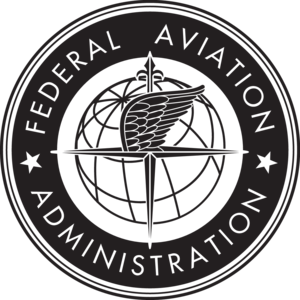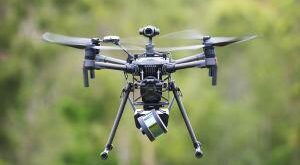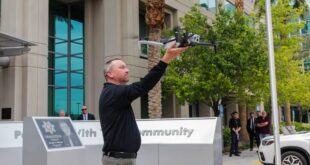In a shocking defeat for the FAA, a federal appeals courtroom has deemed the FAA’s drone registration program illegal because it applies to mannequin plane. (The ruling doesn’t influence Part 107, or registration for business drones.)
The ruling is the results of a case introduced by John Taylor, a leisure drone operator and legal professional from Maryland vs. FAA Chief Administrator Michael Huerta about the legality of drone registration. In his swimsuit, Taylor claimed that the registration program went towards Section 333 of the FAA Modernization and Reform Act, which states that the FAA “may not promulgate any rule or regulation regarding a model aircraft.”
While the FAA responded to this accusation by stating that the registration program was not a brand new rule however merely a brand new (on-line) means of accommodating the established rule requiring plane registration, the judges weren’t shopping for any. During the case, the judges informed the FAA legal professional that they have been “just making stuff up,” and that their authorized argument was defective.
The opinion and accompanying courtroom order launched this morning have been direct and scathing.
“In short, the 2012 FAA Modernization and Reform Act provides that the FAA ‘may not promulgate any rule or regulation regarding a model aircraft,’ yet the FAA’s 2015 Registration Rule is a ‘rule or regulation regarding a model aircraft,’” states the written opinion. “Statutory interpretation does not get much simpler. The Registration Rule is unlawful as applied to model aircraft.”
The phrase “the Registration Rule is a ‘rule or regulations regarding model aircraft’” is repeated all through the choice. The judges had little persistence for FAA’s claims that the Registration Rule was nothing new. “The FAA’s arguments to the contrary are unpersuasive,” says the opinion. “…the FAA has never previously interpreted that registration requirement to apply to model aircraft…The FAA claims that the Registration Rule is therefore not a new requirement at all, but merely a “decision to cease its exercise of enforcement discretion…We disagree.”
The FAA additionally argued that the Registration Rule was essential to adjust to the directive to “improve aviation safety.” But the judges dismissed that argument, saying that in response to legislation the statutes as written should be adopted with out consideration of shifts in coverage.
The results of the case was a courtroom order “that Taylor’s petition for review of the Registration Rule be granted and the Registration Rule to the extent it applies to model aircraft be vacated…”
The case might have far reaching implications. Flight teacher, legal professional and drone legislation skilled Jonathan Rupprecht helped advise on the case. “There are a number of different aspects to this,” says Rupprecht. “This is very important – it’s a clear decision from a Federal appeals court. It’s like Drone Law 101.”
Lisa Ellman, Partner and Chair of the uspractice at world legislation agency Hogan Lovells says that the FAA may have involvement from Congress to maintain the registration program in place. “One of the goals of the registration rule was to help provide accountability around unauthorized drone flights and to assist the law enforcement community’s ability to enforce these drone operations. Additionally, the rule would help hobbyists understand the importance of following the rules,” says Ellman. “If this ruling stands, the FAA may need a statutory change from Congress in order to continue to require hobbyists to register their drones and to provide accountability and enforcement of unauthorized operations.”
The FAA’s registration portal was nonetheless energetic as of this writing.
Taylor additionally requested for evaluate of the “no-fly zone” over Washington, DC, saying that that additionally constitutes a rule relating to mannequin plane: however this was denied on the premise that Taylor had missed the deadline for protest.
 Unmanned Aerial Vehicle The latest drone news
Unmanned Aerial Vehicle The latest drone news



